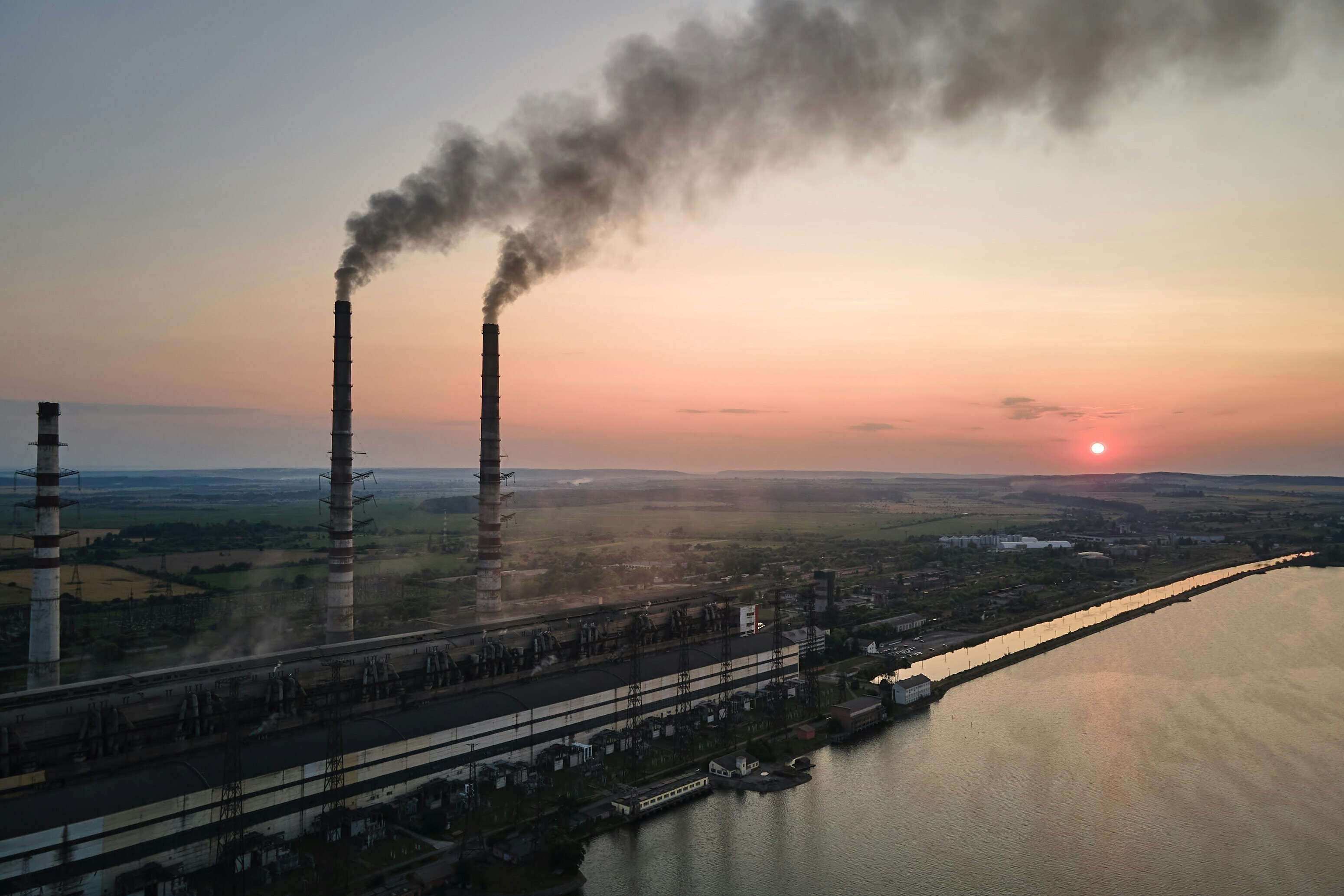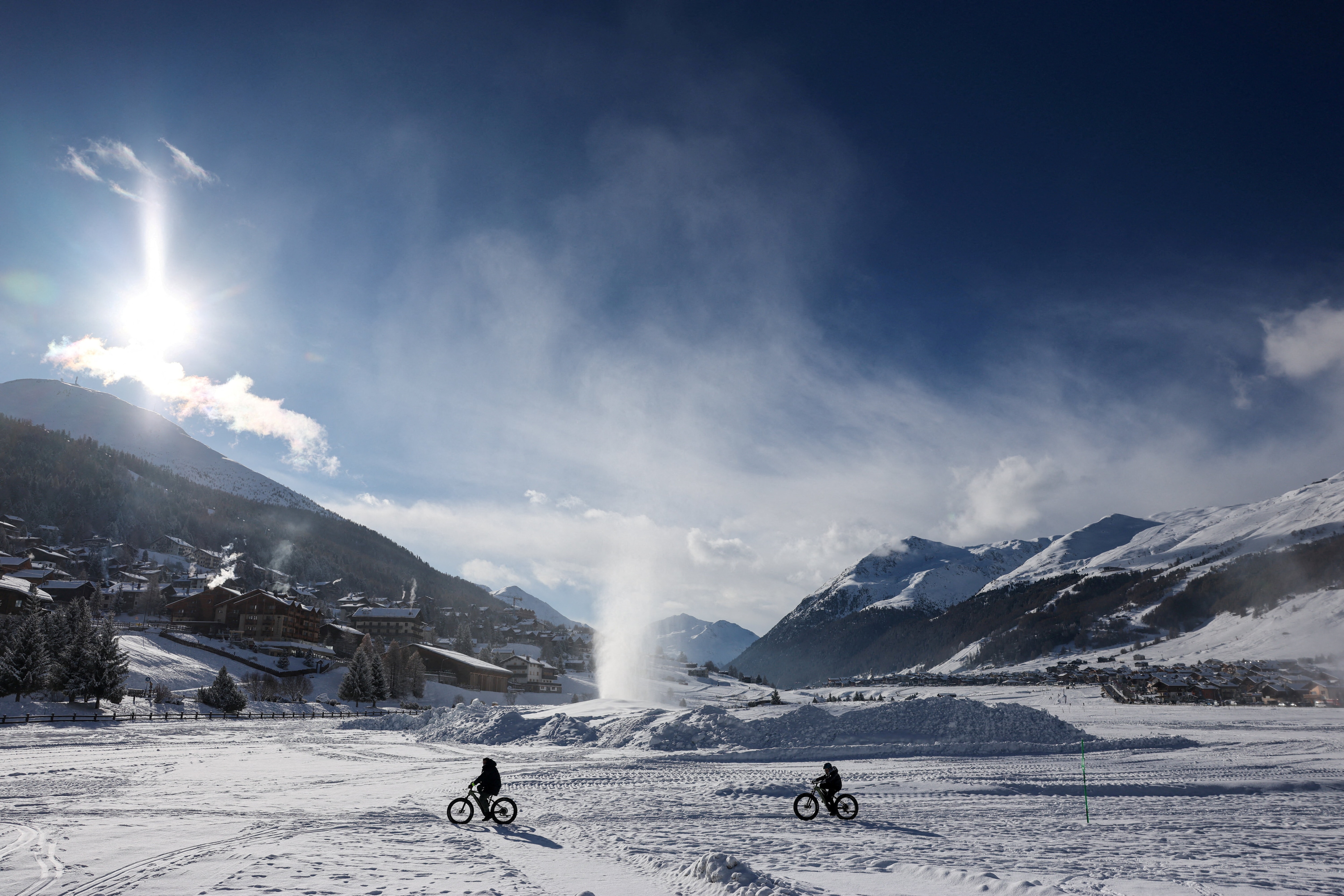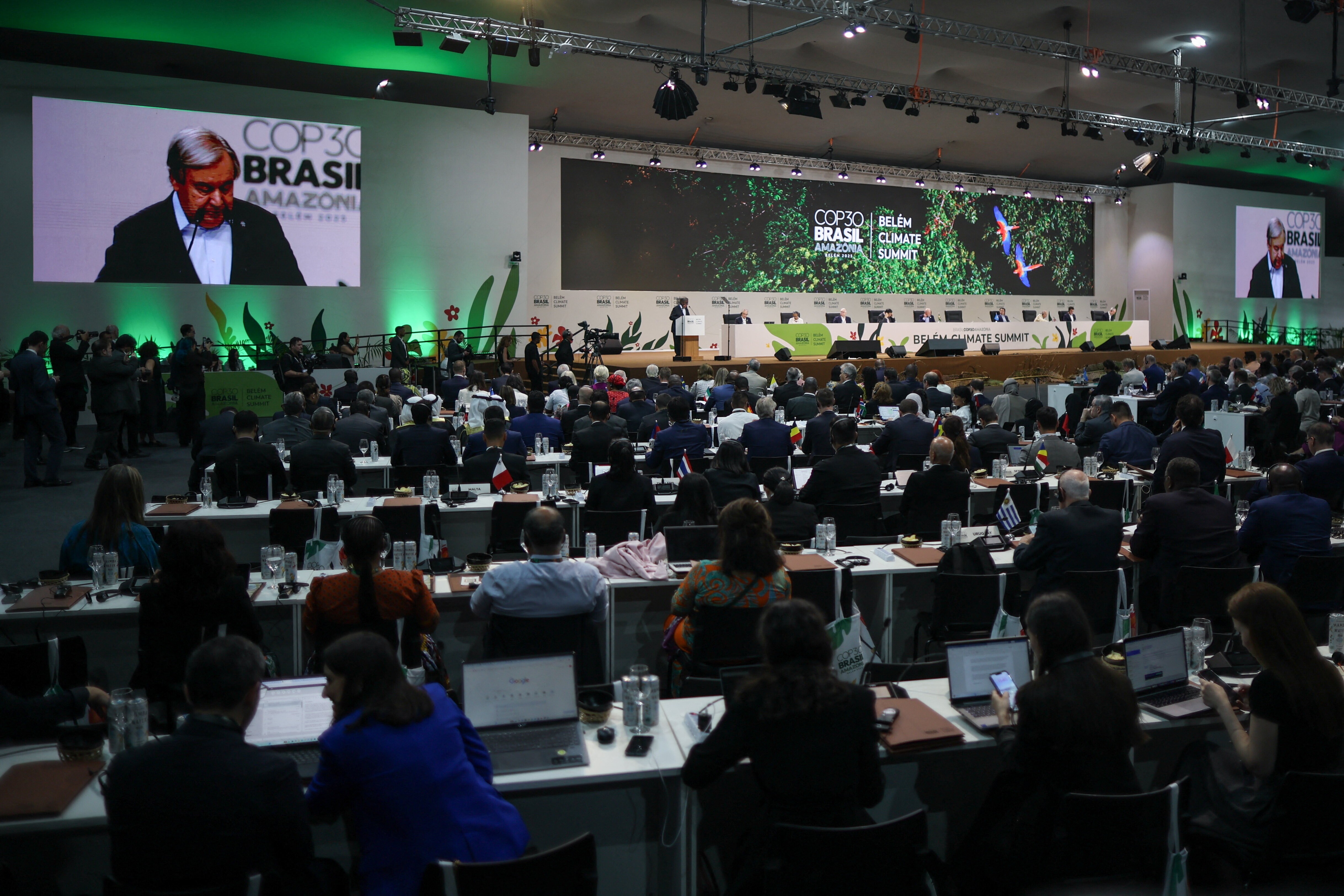Peatlands store twice as much carbon as forests – here’s what we can do to save them

Peatlands have been at risk for hundreds of years. Image: Unsplash/ Sean Paul Kinnear
This article has been updated.
- Peatlands cover about 3% of the Earth’s surface, but store almost a third of the world’s carbon.
- They are therefore both a threat to the climate, if they continue to be degraded, and a way to reduce global warming if we protect them, say experts.
- Biodiversity loss and ecosystem collapse are ranked as the second greatest risk over the coming decade in the World Economic Forum's Global Risks Report 2025.
Bogs, swamps and marshes may not sound important or appealing. Yet peatlands are “critical ecosystems”, according to the United Nations Environment Programme (UNEP) and their deterioration is exacerbating the climate crisis.
Peatlands cover about 3% of the Earth’s surface, but store almost a third of the world’s carbon - double the amount sequestered in all the world’s forests. And while tropical rainforests are both known carbon sinks and increasingly well protected, only 17% of peatlands are currently afforded that safety net.
What are peatlands?
Peat is a type of soil usually found in waterlogged environments. It’s made from layers of decaying plants that have built up over time – often thousands of years. The watery conditions delay the decomposition process. This creates a build-up of carbon. Peatlands are large areas of this spongy wetland soil, which can be several metres thick.
Peatlands can be found in more than 180 countries, with the largest density located in Asia and North America.
Their landscapes vary. Some peatlands are open, treeless bogs, like the Flow Country in Scotland. Others are beneath forests – like in the Congo Basin, Africa. This is home to the world’s largest tropical peatland, Cuvette Centrale, beneath forests of hardwood and palm trees.
Why do peatlands matter?
Peatlands store 550 billion tonnes of carbon, says UNEP. Much of this carbon has been built up and stored over millennia, making peatlands the world’s biggest natural carbon sink on land and a vital nature-based solution to climate change.
But they don't only store carbon. Peatlands are biodiversity hotspots, home to many rare and endangered species, and they also help to prevent floods and droughts. Their destruction is therefore a two-pronged threat, as released carbon will speed up our warming climate while destroyed habitats will increase extreme weather events. Such a catastrophic knock-on effect is why biodiversity loss and ecosystem collapse land at number two in the World Economic Forum's ranking of global risks over the coming decade.
Conserving and restoring forests, agricultural land and coastal and marine ecosystems can help tackle the challenges of climate change and nature loss and provide around 30% of the emissions reductions needed to limit global warming to 1.5C, according to the Forum’s Natural Climate Solutions Alliance.

How are peatlands threatened?
Peatlands have been at risk for hundreds of years. They are drained for farming and forestry. Peat is extracted to be used as fuel. The warming climate can also contribute to peatlands drying out.
Dried-out peatlands are vulnerable to fires, with potentially disastrous consequences for people and the planet. In 2020, peatland fires in Siberia emitted record levels of carbon into the atmosphere, creating a polluting toxic haze.
Extinguishing fires on carbon-rich peatland is notoriously difficult and burning peat releases up to 100 times more carbon than a burning tree, according to Guillermo Rein, a professor of fire science at Imperial College London.
Almost a quarter of the world's peatlands are currently threatened, largely from farming, and a new study estimates that between 1.5 and 2.5 billion tonnes of greenhouse gas (GHG) emissions are released from damaged peatlands every year.
Are peatlands being protected?
Work is underway globally to conserve and protect peatlands. This includes efforts in Indonesia to restore or rewet 1,000,000 hectares of peatland. Sweden is also restoring its peatlands, while the UK has established a Peatland Strategy to restore the 80% of its peatlands that have been heavily degraded.
Between now and 2050, more than $8 trillion will need to be invested in nature-based solutions like peatland, forest and ocean restoration to tackle the interlinked climate, biodiversity and land degradation crises, says UNEP.
Its Global Peatlands Assessment is keeping track of peatland degradation and guiding countries on "how to treat peatlands as a potent nature-based solution for climate change, biodiversity loss and local communities". The conservation and restoration of tropical peatlands alone could reduce global GHG emissions by 800 million metric tons of CO2 equivalent per year, UNEP says, which is approximately 2% of annual global emissions.
“Peatlands offer a huge opportunity for helping to solve the climate crisis,” says Kemen Austin, one of the authors of a new study, Mismatch Between Global Importance of Peatlands and the Extent of their Protection. “If we act now to conserve peatlands, then we can reap some enormous benefits – at a relatively low cost.”
Don't miss any update on this topic
Create a free account and access your personalized content collection with our latest publications and analyses.
License and Republishing
World Economic Forum articles may be republished in accordance with the Creative Commons Attribution-NonCommercial-NoDerivatives 4.0 International Public License, and in accordance with our Terms of Use.
The views expressed in this article are those of the author alone and not the World Economic Forum.
Stay up to date:
Nature and Biodiversity
Related topics:
Forum Stories newsletter
Bringing you weekly curated insights and analysis on the global issues that matter.
More on Climate Action and Waste Reduction See all
Moattar Samim
February 21, 2026






